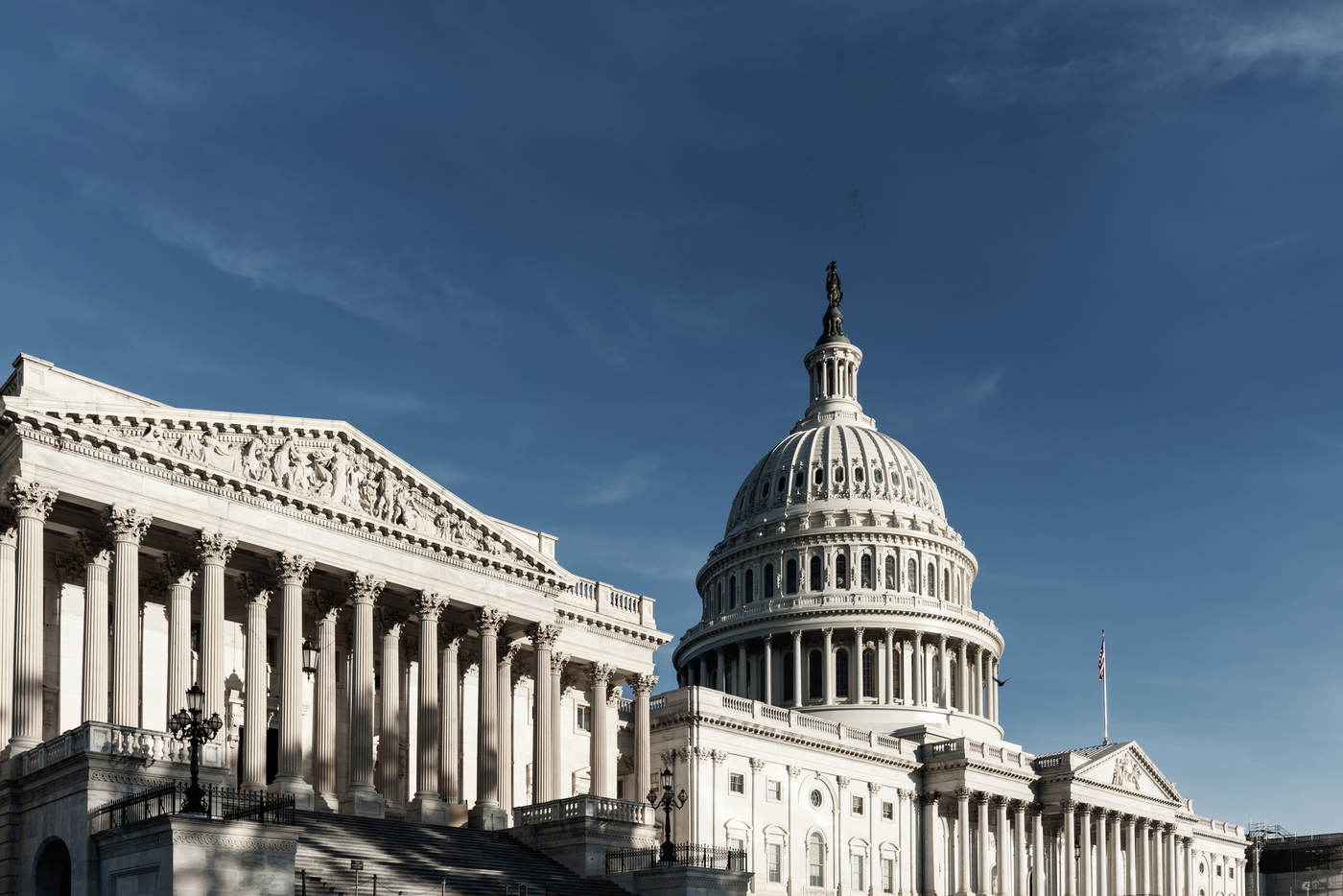The American Prospect: A Week of Reckoning for Big Tech
Today begins a pivotal moment for the tech platforms that have been allowed to dominate the nation’s economy and democracy for many years. Three separate hearings in three different congressional committees over the next two days will reveal the extent to which Big Tech has lost all its allies on Capitol Hill, and whether it will be able to escape real scrutiny of its practices anyway.
Two of the three hearings concern Facebook’s digital currency Libra, amid bipartisan consternation. After Libra was announced last month, I expressed concern that nobody in Washington was taking it very seriously. My concern has lifted.
Last week, Federal Reserve Chair Jerome Powell told lawmakers that Libra raised “serious concerns regarding privacy, money laundering, consumer protection and financial stability.” This perhaps responded to bipartisan concern that the Fed, by dragging its feet on a faster payment system, left a back door open for Facebook and other monopolists. If the Fed created a public digital wallet to exchange dollars, Facebook wouldn’t have an entryway. “We cannot allow giant companies to assert their power over critical public infrastructure,” wrote Senators Mike Crapo (R-ID) and Sherrod Brown (D-OH) in a letter last week.
Treasury Secretary Steven Mnuchin piled on yesterday, adding national security to the bill of particulars by suggesting Libra could finance terrorism. “We will not allow digital asset service providers to operate in the shadows,” Mnuchin said. Even Donald Trump added to this chorus with a notably articulate series of tweets last week, asserting that Libra “will have little standing or dependability” and arguing that it must obtain a banking charter to operate.
Liberals share common cause with Trump on this point. “I’m suspicious,” says Representative Jesus “Chuy” Garcia (D-IL), a member of the House Financial Services Committee that will hear from Libra representatives Wednesday. “This sounds too good to be true. We will look at the growing role of Facebook and the possibility of creating a parallel system of banking without regulation.”
Garcia will introduce legislation this week aimed at making it more difficult for banking and commerce to fall under the auspices of one company by closing a series of loopholes, including the “industrial loan company” designation that enables commercial firms to obtain a bank charter. The legislation would put some constraints on Libra, but a far more targeted bill from Maxine Waters and committee leadership, called the “Keep Big Tech Out Of Finance Act,” would outright prohibit large tech platforms from becoming financial institutions and operating digital currencies, with a fine of $1 million per day for any violations.
“My worry is that they’re going to target communities like mine,” another Financial Services Committee member, Representative Rashida Tlaib (D-MI), tells the Prospect. Indeed, Facebook has been selling Libra on the basis that it would increase financial inclusion for those without access to financial services. How it would do this is unclear, as those poor families would still not have the resources to acquire Libra. “My residents are not going to be ready, they’re not going to fully understand what the implications here are,” Tlaib says.

